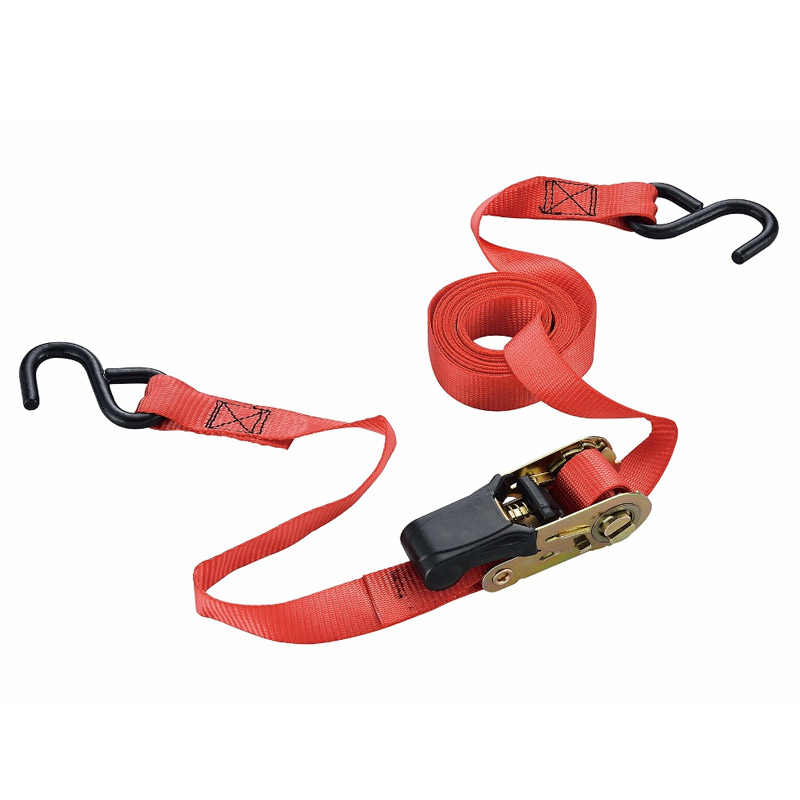resin fix anchor bolts
Resin Fix Anchor Bolts A Comprehensive Overview
In the realm of construction and engineering, the term anchor bolts refers to fasteners used to secure structures to concrete foundations. Among the various types of anchor bolts available, resin fix anchor bolts have emerged as a preferred choice for many professionals in the industry. These specialized fasteners utilize a resin-based adhesive system that provides superior holding power, durability, and flexibility in a variety of applications.
What Are Resin Fix Anchor Bolts?
Resin fix anchor bolts consist of a steel bolt combined with a resin adhesive. The resin is injected into a drilled hole in the concrete, and the bolt is then inserted into the hole. As the resin cures, it bonds the bolt securely to the surrounding concrete, creating a robust anchor point that can withstand significant loads and stresses.
These anchor bolts are particularly beneficial in applications where traditional mechanical anchors may not provide sufficient grip. The resin effectively fills any voids in the concrete, ensuring that the bond is strong and reliable. This makes resin fix anchor bolts an excellent choice for environments subject to vibration, dynamic loads, or seismic activity.
Advantages of Using Resin Fix Anchor Bolts
1. High Load Capacity One of the primary advantages of resin fix anchor bolts is their high load capacity. The adhesion achieved through the resin allows for a tighter and more resilient bond, enabling these anchors to support substantial loads. This makes them ideal for heavy machinery, structural supports, and various other applications.
2. Versatility Resin anchor bolts can be used in different substrates, including cracked and uncracked concrete. Their flexibility allows engineers and builders to tackle diverse projects without being limited by the material properties of the substrate.
resin fix anchor bolts

3. Corrosion Resistance Many resin fix anchor systems are designed to be corrosion-resistant, which significantly extends their lifespan. This feature is particularly important in environments prone to moisture or chemical exposure, ensuring the integrity of the anchor remains intact over time.
4. Simplified Installation The installation of resin fix anchor bolts is straightforward and can often be completed with minimal tools. Once the hole is drilled and cleaned, the resin is injected before the bolt is positioned. This process reduces the complexity associated with installation compared to some mechanical anchors that require specific tensioning techniques.
5. Reduced Risk of Damage Because the resin fills gaps and irregularities in the substrate, there is a lower risk of damage to the surrounding material. This is especially important in renovation work where existing concrete may be compromised.
Applications of Resin Fix Anchor Bolts
Resin fix anchor bolts find widespread use in various applications. Construction projects often utilize these anchors for securing steel beams, handrails, and heavy machinery. They are also commonly employed in the installation of fencing, signage, and other structures where stability is crucial. Additionally, resin fix anchor bolts are increasingly used in retrofitting projects to enhance the structural integrity of aging buildings.
Conclusion
Resin fix anchor bolts represent a powerful solution for anchoring applications in the construction industry. Their high load capacity, versatility, and ease of installation make them a favorite among engineers and builders. As the demand for reliable and durable anchoring systems continues to grow, resin fix anchor bolts will undoubtedly play a critical role in ensuring the safety and stability of modern structures. Whether in residential, commercial, or industrial settings, these resin-based anchors stand out as a top choice for secure and enduring connections.
-
Weatherproof Plastic Expansion Anchors for OutdoorخبرونهJun.06,2025
-
Sustainability in the Supply Chain: Eco-Friendly TEK Screws ProductionخبرونهJun.06,2025
-
Load-Bearing Capacity of External Insulation FixingsخبرونهJun.06,2025
-
Double Head Bolts: Enhancing Efficiency in Industrial MachineryخبرونهJun.06,2025
-
Corrosion Resistance in Chipboard Screws: Coatings for Wholesale DurabilityخبرونهJun.06,2025
-
Butterfly Toggle Bolts : Enhancing Structural ResilienceخبرونهJun.06,2025
